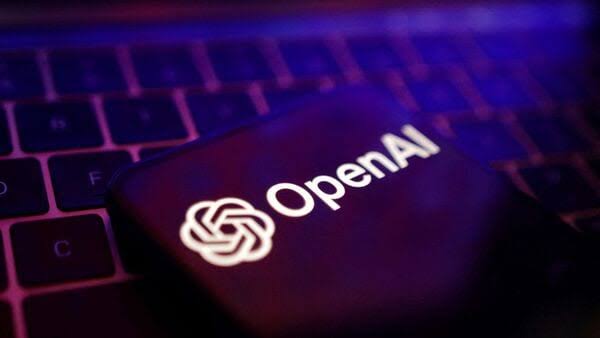The introduction of GPT-4o by OpenAI has marked a significant advancement in the capabilities of their ChatGPT chatbot. While the enhanced lifelike responses and extended input range have been lauded, concerns have surfaced regarding users developing emotional attachments to the AI, prompting OpenAI to issue a cautionary note regarding potential risks.

In a recent blog post detailing the features of GPT-4o, OpenAI highlighted the phenomenon of anthropomorphization, where users attribute human-like behaviors to AI models. Reports from early testing indicated instances where users exhibited language suggestive of forming emotional connections with the chatbot, raising flags for OpenAI about potential implications.
The implications of becoming emotionally attached to an AI, as outlined by OpenAI, could potentially diminish the need for real human interactions, impacting the quality of personal relationships. Additionally, the blog post emphasized that users treating the AI as deferential, allowing interruptions and taking over conversations, could inadvertently normalize rude behaviors in human interactions if left unchecked.
Aside from attachment concerns, OpenAI acknowledged the risk of GPT-4o unintentionally mimicking a user’s voice, opening doors for misuse such as impersonation. While OpenAI has implemented measures to address certain risks associated with the technology, specific safeguards against emotional dependence on ChatGPT are still under evaluation.
OpenAI indicated its commitment to further investigate the potential for emotional reliance on the AI and explore integration of the model’s features with the audio modality to influence behavior positively. The company’s proactive stance on mitigating risks is evident; however, specific strategies targeting emotional attachment remain in the developmental stage.
With the clear dangers of individuals overly relying on artificial intelligence and the broader societal implications at stake, vigilance in regulating such dependencies is paramount. OpenAI’s proactive approach to identifying and addressing risks is commendable, but the urgency of deploying concrete measures to mitigate emotional attachment underscores the evolving challenges posed by AI advancements.
As technological boundaries continue to expand, the ethical considerations surrounding emotional connections with AI highlight the need for responsible adoption and regulation. OpenAI’s ongoing efforts to understand and manage emotional reliance reflect a proactive stance towards ensuring the balanced integration of AI technologies into society, safeguarding against potential unintended consequences that may arise from unchecked emotional attachments to artificial entities.




